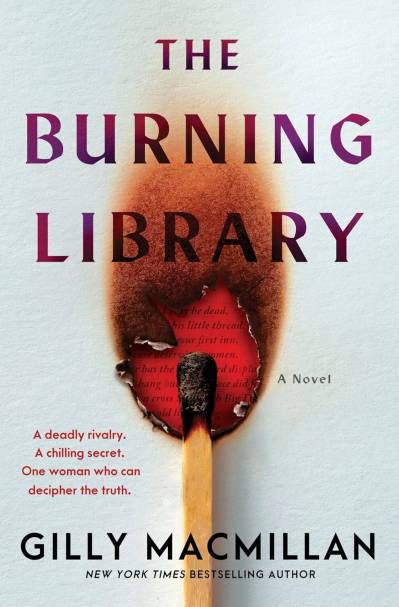Books
Thin Air director closes book on job
2 minute read Thursday, Dec. 4, 2025for food cost estimator see https://staging.winnipegfreepress.com/uncategorized/2025/12/04/2026-food-cost-estimator
After 23 years at the helm of Thin Air, the Winnipeg International Writers Festival, director Charlene Diehl is stepping away to begin the next chapter in her life.
Diehl has been at the helm of what is now Plume Winnipeg, the organization that oversees Thin Air, since 2003, and will see out her role as director until the end of December.
Advertisement
Weather
Winnipeg MB
-14°C, Cloudy
Smartphones deeply intertwined with our personal lives
4 minute read Preview Saturday, Nov. 8, 2025Feline companion beguiling, insightful
4 minute read Preview Saturday, Nov. 8, 2025Smith’s quasi-satirical gen Z characters navigate pitfalls of work, sex and alienation
5 minute read Preview Saturday, Nov. 8, 2025Nail salon owner offers keen observations of human behaviour in Thammavongsa’s debut novel
5 minute read Preview Saturday, Nov. 8, 2025IRA informant cover-up at the core of Herron’s latest Slow Horses thriller
5 minute read Preview Saturday, Nov. 8, 2025Pinker ruminates on common knowledge, human interaction and more in brain-busting new tome
4 minute read Preview Saturday, Nov. 8, 2025New Toews novel coming in 2027: literary mag report
4 minute read Saturday, Nov. 8, 2025Manitoba-born, Toronto-based Miriam Toews visited town recently in support of A Truce That Is Not Peace, her non-fiction musings on why she writes. And according to Publishers Weekly, Toews fans won’t have to wait too long for her next novel.
In a report on recent acquisitions of future books, Publishers Weekly notes that Bloomsbury, Toews’ longtime U.S. publisher, has picked up American rights for “an untitled novel by Miriam Toews, which sees a woman unpack the events leading up to her friend’s mysterious death in a religious town.” The book is slated to be published in fall 2027.
● ● ●
Winnipeg Public Library writer in residence (and Free Press copy editor) Ariel Gordon has put out the call for those looking to join a new writing circle for scribes in any genre.
Renewal of widespread human-rights commitment key
4 minute read Preview Saturday, Nov. 8, 2025Icelandic literary legend Stefánsson making afternoon book club visit
3 minute read Preview Saturday, Nov. 8, 2025New in paper
1 minute read Preview Saturday, Nov. 8, 2025Familiar fodder in dystopian coming-of-age novel
3 minute read Preview Saturday, Nov. 1, 2025Feuding factions seek clues from mysterious manuscript
4 minute read Preview 2:00 AM CSTFamily, colleagues to celebrate late playwright Ross
4 minute read Preview 2:00 AM CSTBook club gets wild with fantastical fiction
4 minute read Preview 2:00 AM CSTNew in paper
1 minute read Preview 2:00 AM CSTLOAD MORE
















